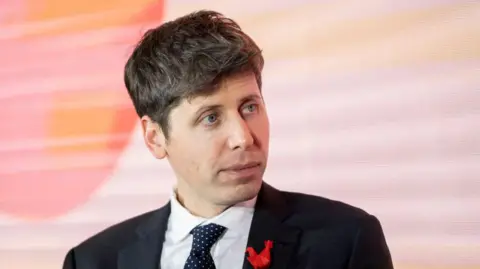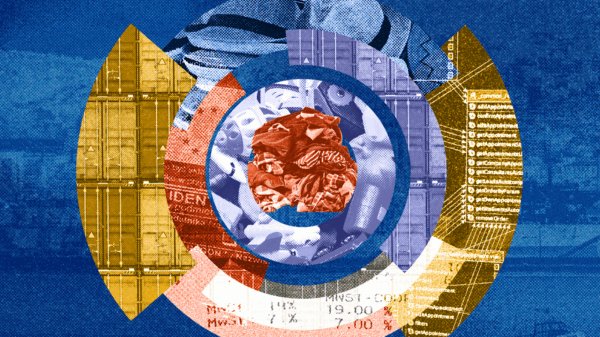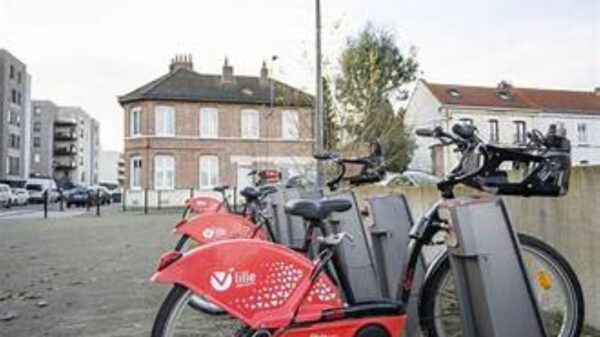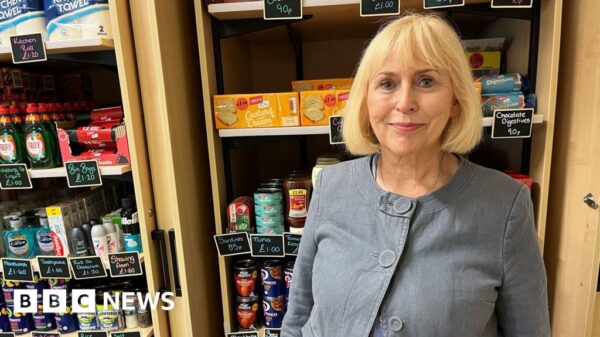BBC News
 Getty Images
Getty ImagesOpenAI, the parent of artificial intelligence service ChatGPT, has announced a new governance plan after a bitter power struggle over the business.
Boss Sam Altman said OpenAI would remain under the control of its for-profit board, while becoming what is known in the US as a public benefit corporation.
Mr Altman had put forward a similar plan in December – but without clarifying the control of the non-profit.
The update follows widespread scrutiny of the startup, which began as a non-profit and faced criticism, including from co-founder Elon Musk, that its quest for growth is pushing it to stray from its original mission of creating technology for the benefit of humanity.
Last month, a group of former open AI staff and outside experts, including Geoffrey Hinton, wrote to regulators in California and Delaware, which have power over non-profits, asking them to intervene to block the conversion.
OpenAI chairman Bret Taylor said the start-up made the decision “after hearing from civic leaders and engaging in constructive dialogue with the offices of the Attorney General of Delaware and the Attorney General of California”.
In the update on Monday, Mr Altman said the non-profit would continue to control OpenAI, receiving a “big”, yet-to-be determined stake in OpenAI’s business arm, which would give it access to money to put towards its own goals.
He said the new plan would still allow the organisation to stop operating under its current complex governance structure, which had capped its profits.
That was seen as a sticking point for investors, including Microsoft, that hindered the firm’s ability to raise money.
“We are moving to a normal capital structure where everyone has stock,” he wrote in a letter to staff that was shared on the OpenAI website. “This is not a sale, but a change of structure to something simpler.”
Unlike traditional for-profit companies, which are bound to act in service to shareholders, a public benefit corporation is also responsible for a public mission.
In the update on Monday, Mr Altman said he believed that growth and extending access to AI, which would take money, was consistent with the firm’s mission, because it would help people “build incredible things for each other and continue to drive society and quality of life forward”.
“It will of course not be all used for good, but we trust humanity and think the good will outweigh the bad by orders of magnitude,” he wrote.
It is not clear to what extent the new plan will satisfy investors or critics.
After the announcement Page Hedley, OpenAI’s former policy and ethics adviser, who had spearheaded last month’s letter, said the update did not resolve issues such as who would own the firm’s technology and how its goals would be prioritised.
“We’re glad that OpenAI is listening to concerns from civil society leaders … but crucial questions remain,” he said.





























